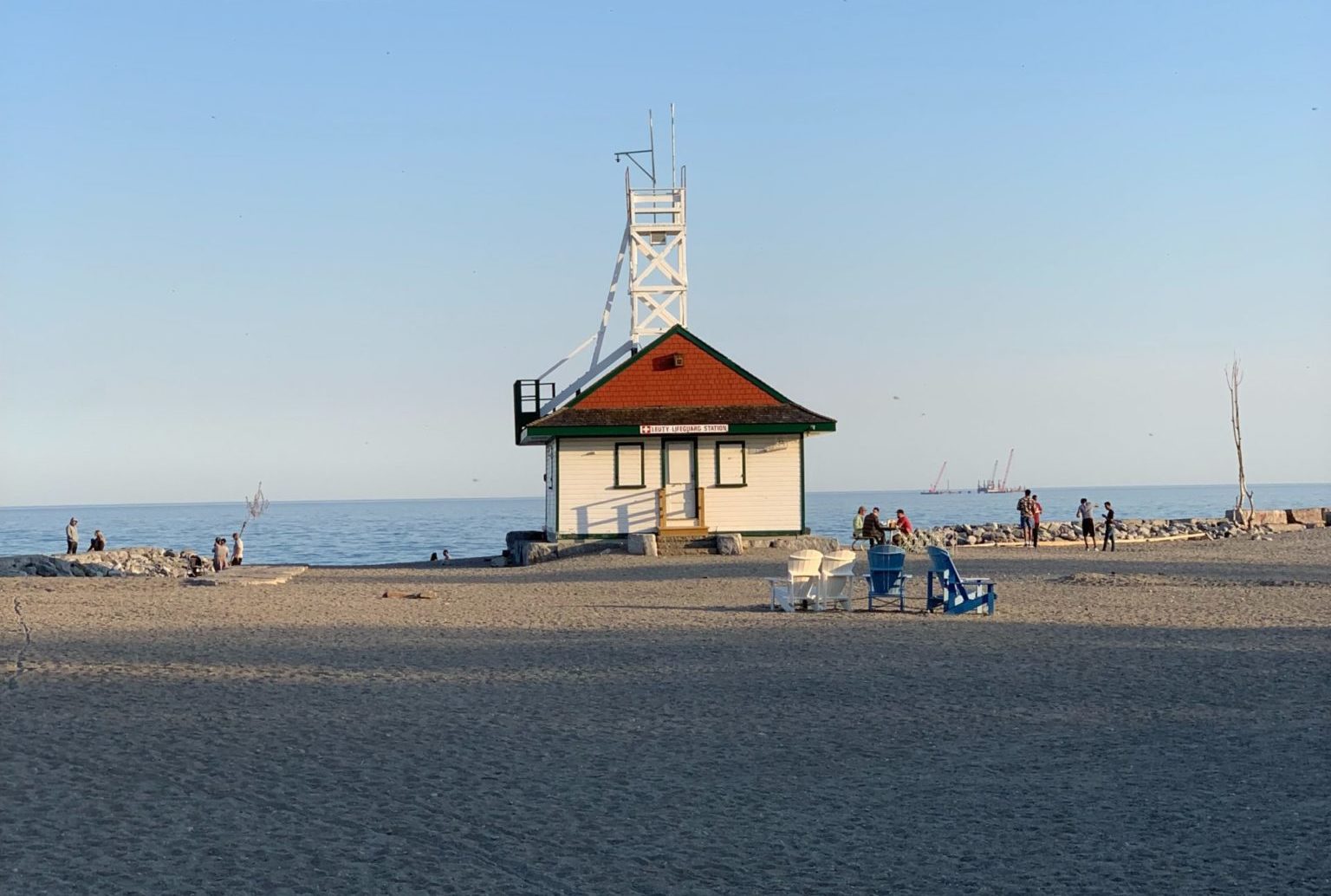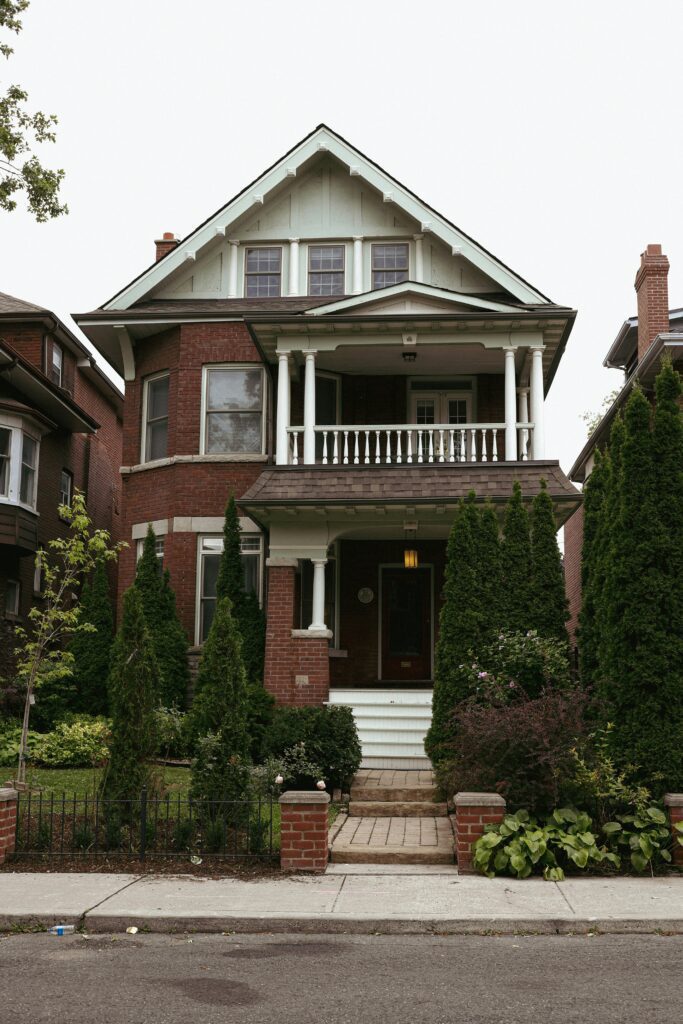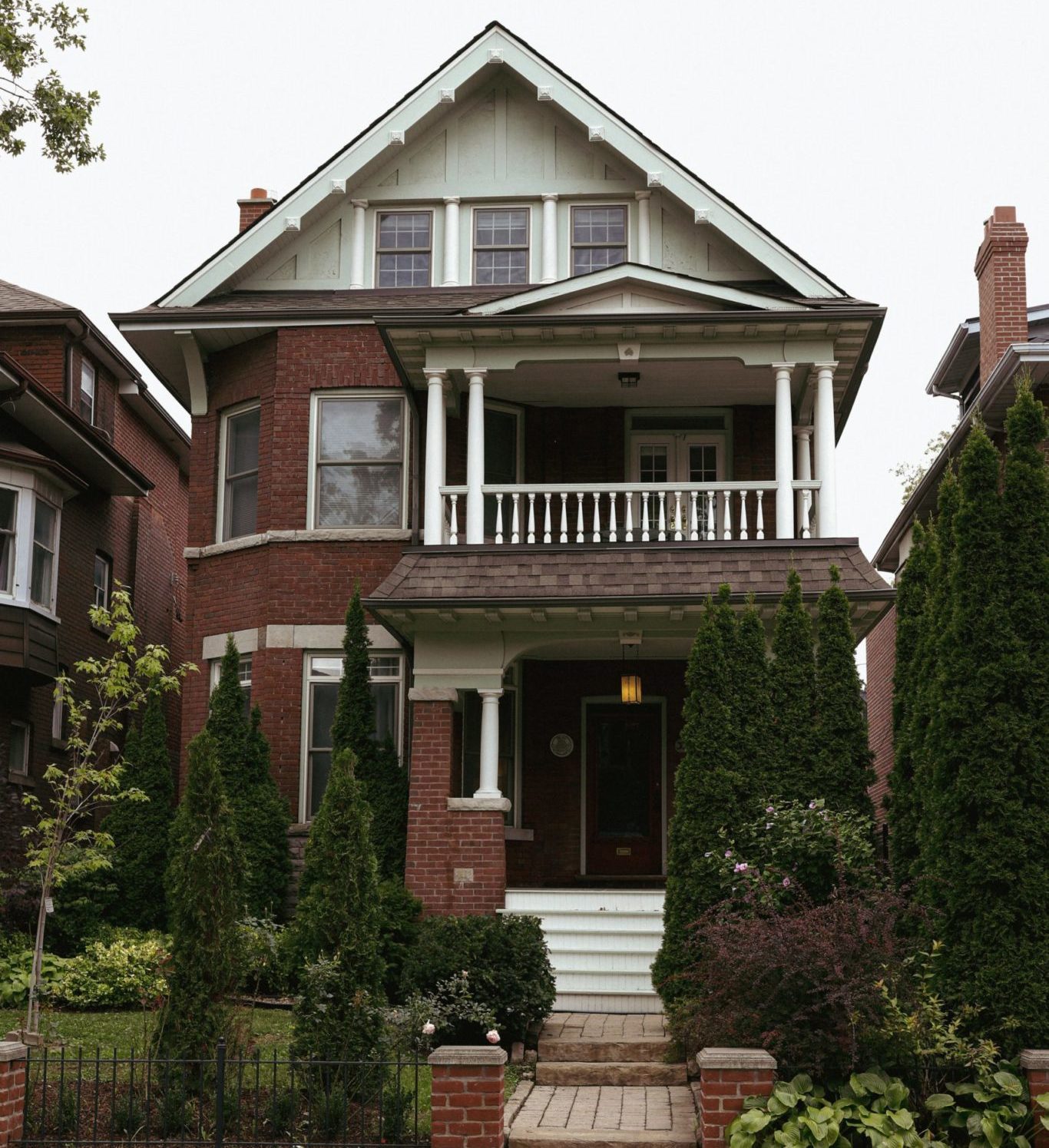What Makes an Ideal Neighbourhood for First-Timers?
While every buyer has their own unique wants and needs in a home, many first-timers share certain things in common. For instance, as many first-time buyers have young children or are planning on having a family in the near future, access to great schools, outdoor community amenities and a safe, quiet atmosphere are popular commodities. Other first-time buyers are single, young professionals who want a fast commute and are looking for a secure investment. As a buyer, the perfect neighbourhood for you will be the one that fits you best.
Getting ready to buy your first home? Explore these resources to help make it a great success.
- Leveraging Mortgage Rules When You Don’t Have Traditional Income
- Why You Should Listen to Real Estate Referrals
- How to Realistically Save For a Downpayment in Toronto
Where to Start
If you’re about to begin your first home-buying journey, start with an experienced local real estate agent. As an expert in all things Toronto, a well-rounded agent can help you get the most out of your first home without going over your budget. They can also help you target desired neighbourhoods, or introduce you to new areas that may make a great fit.
Riverdale
Nestled just east of downtown Toronto, Riverdale has a lot to offer both families and young professionals. Fairly large in area, Riverdale stretches from Danforth Avenue in the north to Lake Shore Boulevard in the south between the Don River and Leslieville. Across the neighbourhood, distinct community pockets such as Riverside or Chinatown East serve as micro-communities within greater Riverdale.
With quiet, tree-lined streets, amazing cultural amenities, beautiful homes and great access to downtown, it’s no surprise that Riverdale is one of the city’s most popular neighbourhoods for buyers. The neighbourhood is also home to one of the largest green spaces in the city. Riverdale Park features three baseball diamonds, a skating rink, a swimming pool, tennis courts, a running track, and tons of great spots for families — including a movie night during the summer.
The area features a handful of great schools such as Riverdale Collegiate Institute, Earl Grey Senior Public School and Holy Name Catholic School just to name a few. The area’s only real drawback is its price point. With Riverdale’s rising popularity amongst buyers, average home prices have gone up in recent years. However, if it fits your price range, Riverdale is a great place to call home.
The Beaches
As its name suggests, The Beaches is a lovely, lakefront neighbourhood in Toronto’s east end. Previously a hidden gem, The Beaches are slowly becoming one of the city’s most in-demand neighbourhoods. Bound by Kingston Road in the north, the neighbourhood’s southern border fluctuates between Queen Street East, Lake Shore Boulevard and Lake Ontario to the south. A total of four separate beaches run along the community’s edge, Balmy Beach, Scarboro Beach, Kew Beach, and Woodbine Beach – the latter two have a “Blue Flag” certification, ensuring cleanliness and safe swimming conditions.
For both young professionals and families, the neighbourhood has virtually everything. Strong transit access, boutique shopping, local parks and green spaces, and a variety of local bars and restaurants. The Beaches also has a variety of well-ranking schools, including Neil McNeil Catholic Secondary School, Malvern Collegiate Institute, Kew Beach Montessori and Glen Ames Senior Public School.
Homes in the area are mainly semi-detached or detached, ranging in size and architectural style. One trait The Beaches is known for is the cottage-inspired architecture of certain properties. There are even heritage designations along some neighbourhood streets in order to help protect the cottage-like appearance of certain properties.
Want to learn more about Toronto’s housing market? Explore these resources from our blog.
- Has Toronto Real Estate Killed the Asking Price?
- Torontoism’s Top Picks: Phoebe on Queen
- Beginning Your Home Search
Cabbagetown
Despite being a downtown neighbourhood, Cabbagetown is well separated from the hustle and bustle. Rather, the neighbourhood feels like a quaint-yet-vibrant residential community with beautiful homes, lush green spaces and a down-to-earth vibe. Of course, no conversation about Cabbagetown is complete without mentioning the many amazing restaurants, bars and cafes in the area. Local favourites include House on Parliament for elevated pub fare, F’Amelia Ristorante for Italian dishes, and JetFuel Coffee Shop for grab-and-go coffee and baked goods.
Want to learn more about one of our favourite Toronto neighbourhoods? Check out 5 things we love about Cabbagetown here.
As a neighbourhood, Cabbagetown is evolving quickly. While the area retains its historic charm and abundance of gorgeous heritage properties, the surrounding communities are seeing a high rate of gentrification. Redevelopment of the area has been long awaited and is introducing a handful of new amenities to the community. Cabbagetown also features a variety of well-priced and well-designed condo and townhome developments, making the area perfect for young professionals.
Ready to find your perfect first home? As experts in all things Toronto, we help you find success in the market. Get in touch with us.
















